detail profile christoforos nezer
Peran Yang Di Mainkan Christoforos Nezer
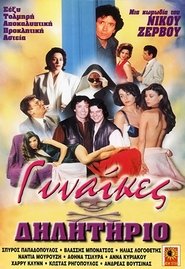 It is a story of a...
It is a story of a...Poisonous Women 1993
It is a story of a normal, everyday Greek family that each member turns out to be wacko or gets wacko by the other members. The father is the stoic figure that accepts everything. The mother has a middle age crisis and takes advantage of her husbands inability. The older brother is a doctor of psychology and has everything under control (or believe so) and the younger brother does nothing with his life acclaiming that he is a filmmaker.
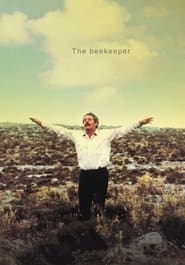 Following the wedding of his daughter...
Following the wedding of his daughter...The Beekeeper 1986
Following the wedding of his daughter, stone-faced beekeeper Spyros makes an annual journey from the north of Greece to the south, traveling along with his hives. En route, he meets an erratic, young female drifter, with whom he strikes up an unusual, self-destructive relationship.
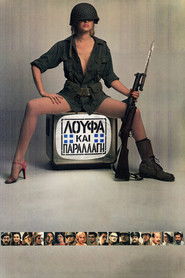 The film is the story of...
The film is the story of...Loafing and Camouflage 1984
The film is the story of a group of soldiers, who, in the course of their compulsory military service in 1967 and 1968, before and during the military dictatorship in Greece, are assigned to the then recently founded Armed Forces Television. This TV station, founded for the civilian population, was run by the Cinematographic Unit of the army which until then had only produced propaganda films and newsreels and was responsible for entertaining the troops and other charity organizations with movie screenings. The personnel was composed mostly of soldiers, who already had experience in the film business in their civilian lives, as well as those who received their training in the army. The story may be only 95% true, but that is simply because the true story is even more absurd...
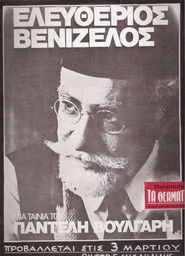 A biographical film about the great...
A biographical film about the great...Eleftherios Venizelos: 1910-1927 1980
A biographical film about the great Greek politician Eleftherios Venizelos for the period between 1910-1927. The film highlights his vision of a Greater Greece and refers to important events in Greek history such as the formation of a government by Venizelos after the Goudi movement, his dispute with the King over Greece's stance in the First World War, the temporary his withdrawal from politics after his defeat in the 1920 elections and the Asia Minor disaster. A biography of the former Greek prime minister Eleftherios Venizelos and the recreation of his acts and the political and social climate in Greece from 1910 to 1927.
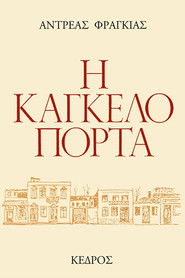 In a poor neighborhood of Athens...
In a poor neighborhood of Athens...The Iron Gate 1978
In a poor neighborhood of Athens, Andreas and Eftyhis are struggling to eke out a living. Making the most of the adventurism inspired in them by the post-war era and trying to make a life for themselves against the backdrop of the post-dictatorship conservative regime, the two heroes gradually lose their political conciousness and social identity and are led to ruin.
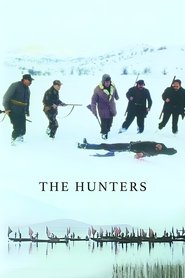 During a hunting party on New...
During a hunting party on New...The Hunters 1977
During a hunting party on New Year's Eve 1976, five representatives of the bourgeoisie encounter with their companion the body of a partisan from the Civil War of the late forties. What they are most confused about is the fact that the corpse that lies at their feet is still bleeding…
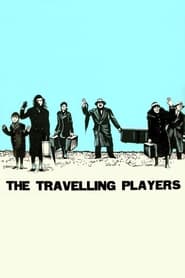 This expansive Greek drama follows a...
This expansive Greek drama follows a...The Travelling Players 1975
This expansive Greek drama follows a troupe of theater actors as they perform around their country during World War II. While the production that they put on is entitled "Golfo the Shepherdess," the thespians end up echoing scenes from classic Greek tales in their own lives, as Elektra plots revenge on her mother for the death of her father, and seeks help from her brother, Orestes, a young anti-fascist rebel.
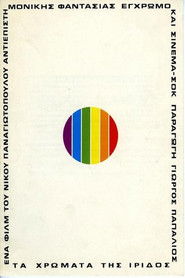 A mysterious disappearance takes place during...
A mysterious disappearance takes place during...The Colors of Iris 1974
A mysterious disappearance takes place during the shooting of a commercial on the beach in the early morning hours. An unknown man suddenly comes into the shot, then walks into the sea holding an umbrella and seizes to exist, before the bewildered eyes of the whole crew. After the police are notified, a confusing array of red tape manoeuvers begins, revealing the close affiliations of the Authorities with the advertising company manager and the whole mechanism of Mass Media, all of which are trying not to investigate the event but to conceal or even exploit it in their own interest. Only the musician involved in that commercial is trying to figure out what really happened.
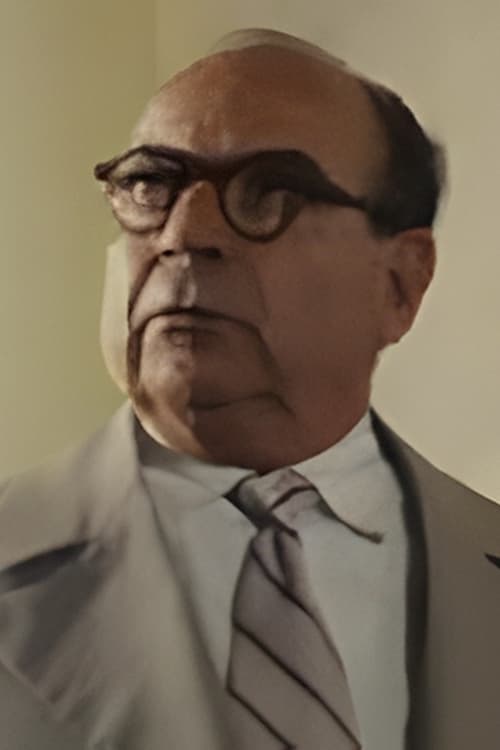
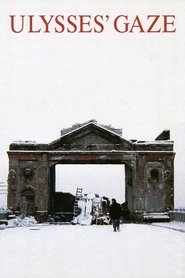 An exiled filmmaker finally returns to...
An exiled filmmaker finally returns to...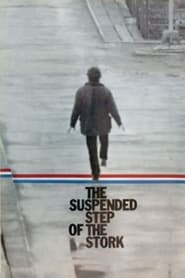 A reporter notices an old man...
A reporter notices an old man...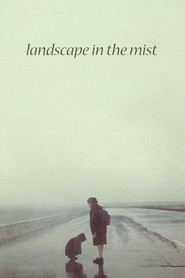 Two Greek children embark on a...
Two Greek children embark on a...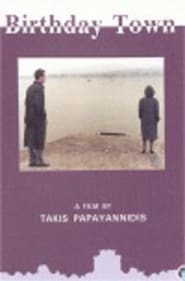
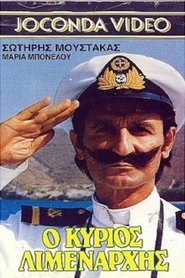 Sotiris Moustakas is Apostolos the harbormaster...
Sotiris Moustakas is Apostolos the harbormaster... The assassin of a prominent trade...
The assassin of a prominent trade...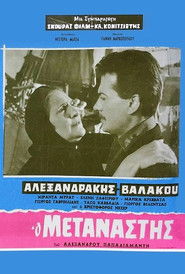 A young man returns to his...
A young man returns to his...